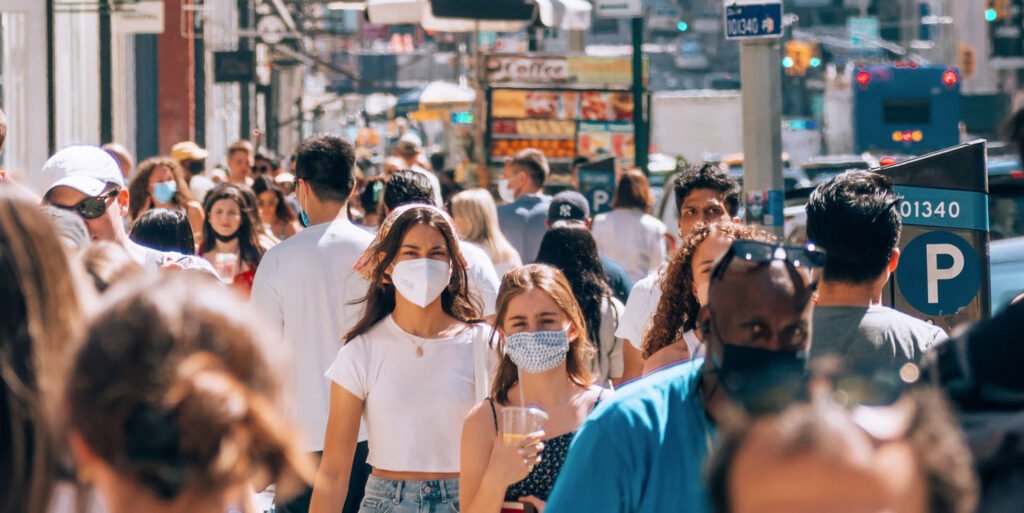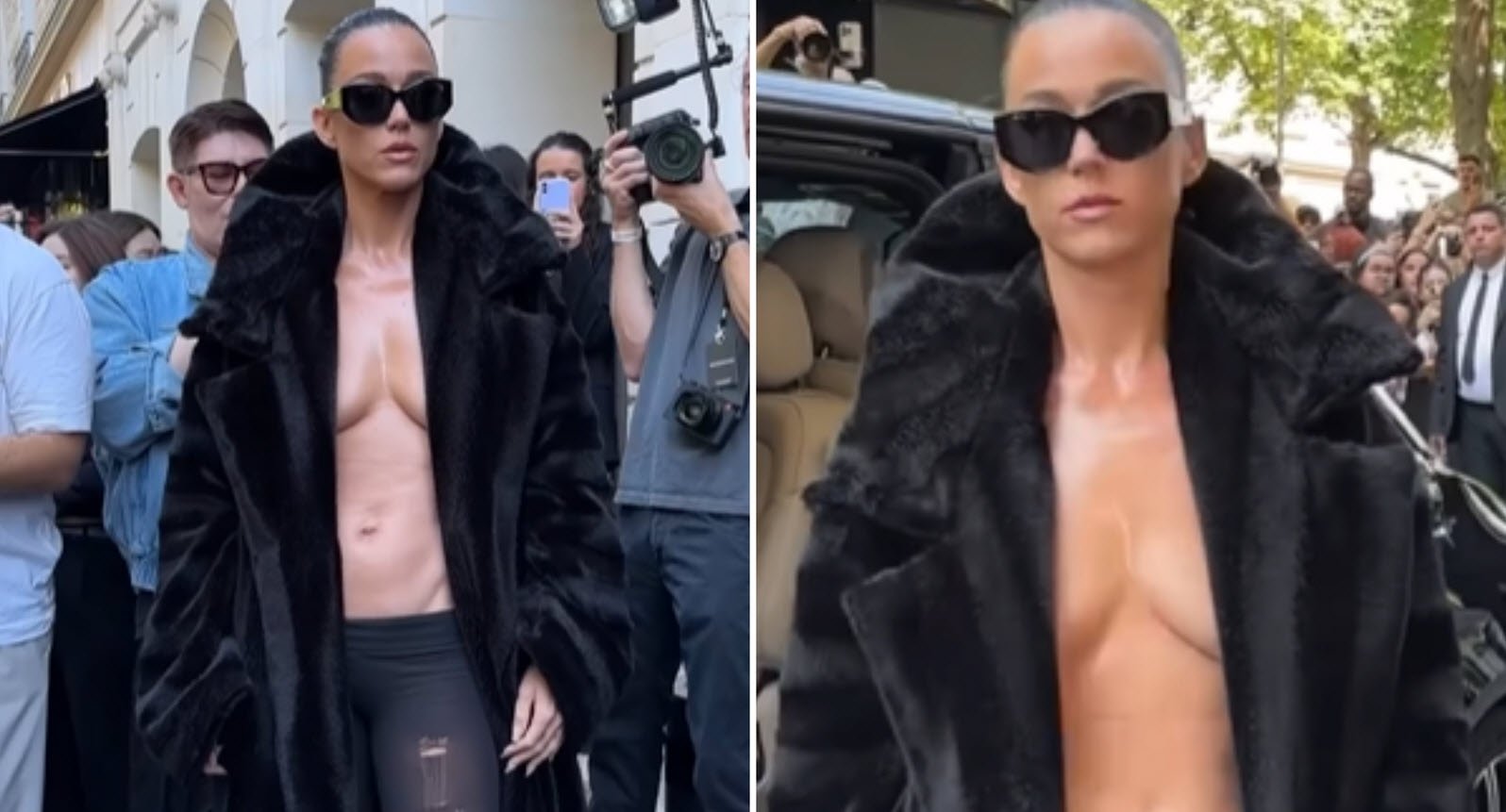
As we enter the third year of the COVID-19 outbreak, the virus has changed our daily lives in ways no one expected, and it’s become a new normal.
Many of us also spend a lot of time at home, reducing our risk of contracting COVID-19.
A day that in the past also included various activities such as driving, shopping, family outings, or even shopping is not yet accessible to those who have not been vaccinated or have refused visits. There are many people.
Additionally, unvaccinated children under 12 may be excluded or placed in virtual education.
There are boosters for people 65 and older and support for people with compromised immune systems. These boosters and adjuvants activate the COVID-19 vaccine.
However, any COVID-based protection may pose a risk for new health risks. This unprecedented lifestyle change can lead to a more sedentary lifestyle with activities such as watching television, sitting reading a book for long periods of time, or sitting at the computer longer than usual.
Staying home in isolation can cause you to eat too many high sodium snacks, unhealthy foods, and unhealthy foods that make your immediate health unhealthy. This is a challenge for many people living in a time of relationship estrangement and isolation. We need to be strong and sometimes creative to work in times of isolation. Even if you haven’t directly or indirectly contracted COVID-19, ubiquity has had a profound impact on your daily life, which can have a devastating effect on your overall health.
As the world evolves to prevent the spread of COVID-19, what can we do to maintain healthy, active lives?
Injections and masks
Above all, get vaccinated. All service members must be vaccinated against COVID-19, and recipients of the Military Health System (MHS) have ample opportunity to be vaccinated if they are 12 years of age or older, or if they belong to a group that may get the vaccine. or vaccinations. The vaccine is not only for you, but also for the people around you.
Wear the mask indoors with unprotected people and in places like grocery stores or mobile theaters.
As winter arrives and people spend more time indoors when it is cold, the importance of masks has increased. Also, getting the flu shot, wearing a mask, and washing your hands often can help reduce the relationship between the flu and COVID-19. (It’s important to reduce the risk of getting COVID-19 and the flu at the same time.)
Gyms have reopened, but some people are still looking forward to getting back to the gym. There are a number of safe ways to avoid physical activity, such as staying out and avoiding crowds, recommended by the Centers for Disease Control and Prevention (CDC).
Aerobics can be done at home. Push-ups, sit-ups, jumping jacks, and other physical activities are great ways to get out of the gym and stay in shape. Other tips are:
- Walk around the house or up and down the stairs for 10-15 minutes 2-3 times a day.
- Dance to your favorite songs. Join the working class on YouTube.
- Find ways to do these simple exercises around your home.
- Squatting or standing on a stable chair
- Push-ups on walls, counter or floor
- Rushing or walking on one foot on stairs
Forgiving does not mean forgiving the situation. It’s also safe for a brisk walk or run in less-trafficked outdoor spaces.
- Walk or run (respecting the recommended body distance of 6 feet).
- Ride a bike. I garden and lawn.
- Get enough sleep
- Good sleep is essential for overall health.
According to the National Institutes of Health (NIH), “The immune system alters sleep, which in turn affects the immune system and alters the arms of our immune system.” The amount of sleep needed for good health and functioning is individual, but the CDC recommends adults ages 18 to 18 get at least 7 hours of sleep per night. Either you can monitor your sleep with best smartwatches they have good feature of sleeping tracking.
Food and Nutrition
With the stress that can be associated with major changes in the body, it is important to exercise self-control and not be “anxious”. According to the CDC, all foods such as dark leafy vegetables, oranges, and tomatoes (even fresh herbs) contain vitamins, fiber, and minerals. Eliminate bad eating habits instead of snacks or fast food.
Self Control
Take the time to take care of yourself.
Ask and make the same request to your neighbors. Feelings of relaxation, quality time with family and friends, and self-care promote overall health. If you need professional help with your health, there are several ways to get a consultation. stay healthy
If you have a prescription for a condition, take it exactly as your doctor has advised. High blood pressure, diabetes mellitus, asthma, and many other chronic conditions must be managed with prescribed medications.
Be sure to contact your healthcare team if you have any concerns. Many soldiers and beneficiaries delay testing for fear of spreading the coronavirus at military clinics, often disappearing to be diagnosed with leukemia or later diagnosed with serious illnesses.
Telemedicine solutions are available in the age of COVID-19. manage stress and anxiety
Recognizing stress and anxiety by being vigilant, we all need to take action to prevent the spread of COVID-19 in our communities.
Successful problem-solving techniques can include practicing, thinking, reading, or developing a specific skill or hobby. Take this time to increase your daily repetition of these great activities and develop new and better jobs than you would have before the spread.
Wait
Talking to loved ones when alone can help reduce stress and depression. Take the time to use a variety of technologies and apps (often free) to help you stay with your loved ones. Before COVID-19 was ubiquitous, our busy lives often limited our ability to connect with distant loved ones. Now is the time to make the most of today’s traits for Harmony, Harmony, and Harmony.
Doing all of these steps can improve your health and well-being. Eating healthy, exercising, relaxing, and taking care of our brains make us stronger, but they don’t cure or guarantee protection against COVID-19.
Again, vaccination is our number one priority.
You may also like:- Top 10 IMDB Current Biggest Stars in India
- Virat Kohli’s ‘Jai Hind’ Instagram Post Sets New Record
- Katy Perry’s Bold Statement at Paris Haute Couture Week
- Noor Malabika Das Found Dead in Her Lokhandwala Flat, Mumbai
- Tripti Dimri’s New Bungalow in Mumbai’s Bandra West
- Punjabi Singer Sunanda Sharma Walks Cannes Red Carpet In Patiala Suit
- Abdu Rozik Announces Engagement to Amira – “The Most Beautiful Girl I Have Ever Met
- Alia Bhatt Is Ready To Dazzle At The Gucci Cruise Show 2025 in London
- Tamannaah Bhatia – A Tale of Saree Perfection
- Kareena Kapoor Khan Gets Court Notice Over Pregnancy Book Title








